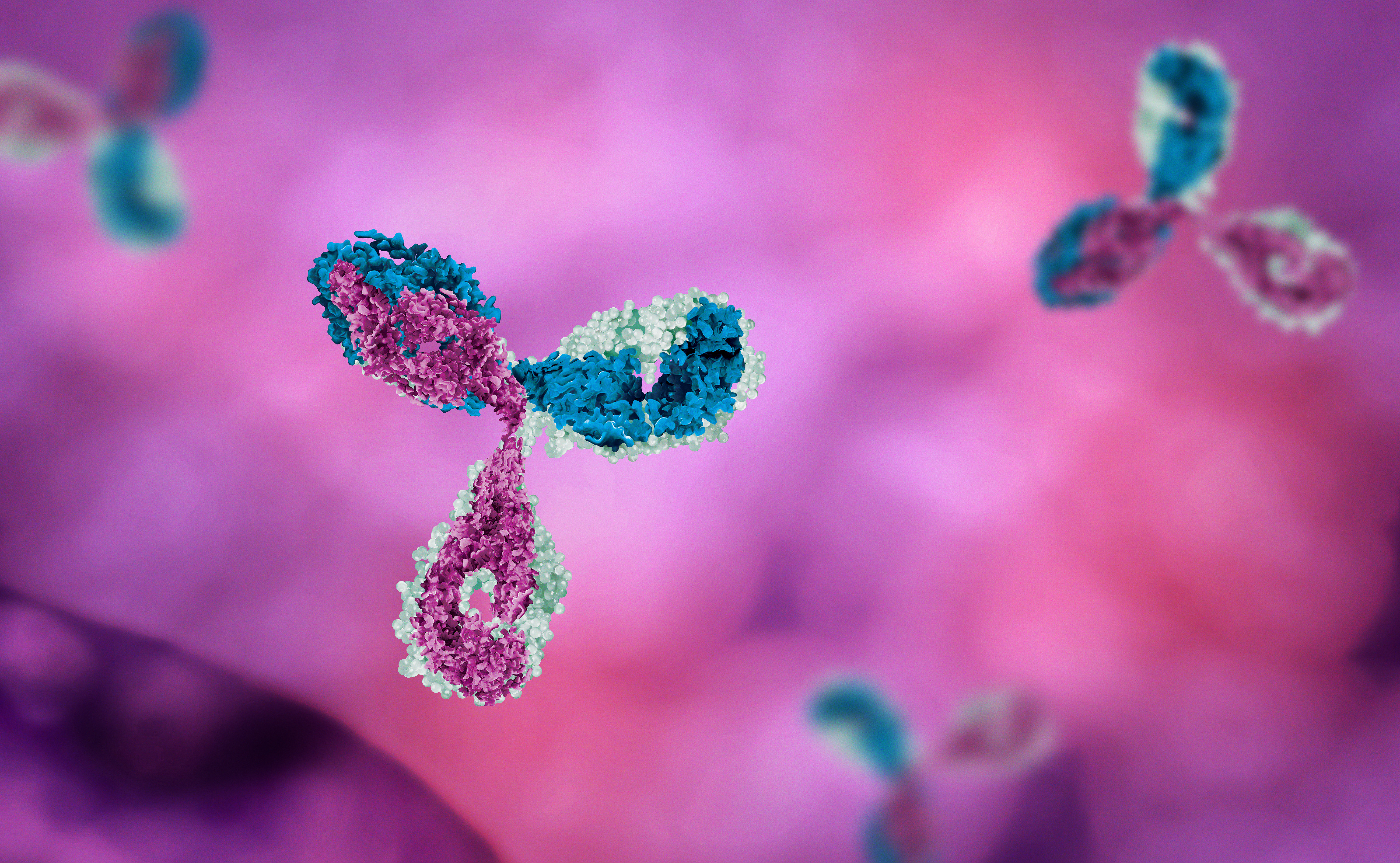
September is PCOS awareness month. PCOS, which stands for Polycystic Ovary Syndrome, is a hormonal condition that affects between 6 and 20% of reproductive age women. It can cause a wide range of symptoms that can significantly impact a woman’s quality of life, infrequent but sometimes very heavy periods, weight gain, acne, and male-pattern baldness or hair thinning, and an increased risk of significant long term health problems such as type 2 diabetes, stroke and heart disease. Poor mental health is also a factor, with patients 4-7 times more likely to have anxiety and depression. Whilst these symptoms can be debilitating, it’s often infertility that’s the key symptom that ultimately leads to a diagnosis.
There are reports of PCOS in ancient history (Hippocrates reported it in his seminal work “Diseases of Women”, back in the first century), but we still don’t fully understand the condition. The name itself is misleading – whilst polycystic ovaries were the first physical finding observed in patients with this disorder, not all PCOS patients actually have cysts on their ovaries. Instead, what these patients have in common is hormonal disruption, and particularly high levels of androgens (e.g. testosterone). What causes these imbalances remains unknown.
Reflecting the lack of knowledge around the causes of PCOS, many of the treatment options focus on improving specific symptoms such as using the contraceptive pill to induce regular periods and reduce the risk of developing endometrial cancers, or lifestyle changes to help manage weight. However, there are some therapies that impact multiple symptoms, such as the type 2 diabetes medication Metformin which, in addition to helping lower insulin and blood sugar levels can also stimulate ovulation, encouraging regular periods and improving fertility.
Last year, Liu et al1 reported on the use of artemisinins to treat symptoms of PCOS, improving hyperandrogenemia (the overproduction of androgens), menstrual cycle regularity and fertility in rodent models. Artemisinins are plant derived compounds known from Chinese herbal medicine for their use in treatment of malaria. Repurposing of a known medication could be particularly attractive for the treatment of PCOS because, despite the prevalence of this condition, women’s health is chronically underfunded (the USA, for example, allocates only 11% of its budget to women’s health-specific research, and in the UK a mere 5.9% of grants between 2009 and 2020 were for research looking at female-specific outcomes or women’s health2). By repurposing agents with a known safety profile, the route to market could be shortened, potentially offering returns for a smaller investment, or a more rapid route to clinic.
An encouraging development earlier this year was the European CE mark approval of Roche’s new Elecsys® AMH Plus (Anti-Mullerian Hormone) biomarker test for PCOS. The vast majority of women with PCOS go undiagnosed, in part because diagnosis has historically often required an intravaginal ultrasound – an invasive test that requires specialist clinicians and resources. The availability of an approved precision diagnostic test offers the tantalising prospect not only of an uptick in the number of women being diagnosed, but also the ability to start to build out an accurate dataset based on this marker. With a bigger data set, we move towards the potential for a deeper understanding of this complex condition, and with that, the potential of new therapeutic options to help improve the lives of thousands of women impacted.
Another area that’s seeing substantial innovation is technologies that allow PCOS patients to take matters into their own hands. Companies like Hertility Health are providing at home hormone testing services, enabling women to build a detailed understanding of their condition and providing them with easy access to specialist advice. Similarly, apps like AskPCOS are helping them to monitor symptoms over time and ensuring they get access to accurate and up to date information.
We are working across this field in a number of different specific areas – come and talk to us if you think your company needs support with its IP strategy and could benefit from our expertise in this area.
1 Liu et al., (2024) Science 384: 6701
2 See McKinsey Health Institute’s 2024 report on “Closing the women’s health gap” at https://www.mckinsey.com/mhi/our-insights/closing-the-womens-health-gap-a-1-trillion-dollar-opportunity-to-improve-lives-and-economies
Fran is a Partner and Patent Attorney at Mewburn Ellis. She works in all patent cycle stages within the life sciences sector – from invention capture, drafting and patent strategy to prosecution and global portfolio management. Fran is a member of our plant variety rights team, having completed the official WIPO course on plant variety protection under the UPOV convention. As such, she has extensive experience dealing with plant-related inventions, including obtaining plant variety rights and entry onto the national list and common catalogue.
Sign up to our newsletter: Forward - news, insights and features
Our people
Our IP specialists work at all stage of the IP life cycle and provide strategic advice about patent, trade mark and registered designs, as well as any IP-related disputes and legal and commercial requirements.
Our peopleContact Us
We have an easily-accessible office in central London, as well as a number of regional offices throughout the UK and an office in Munich, Germany. We’d love to hear from you, so please get in touch.
Get in touch

